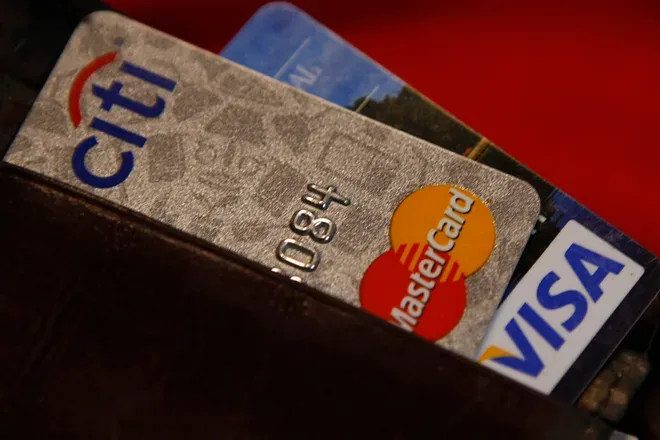Since canceling a credit card can ding your credit score, you need to do so thoughtfully. Make sure you check your reasons, explore your options, do your calculations, and choose the right one to cancel.
The main reason is because canceling a credit card affects your credit utilization ratio, or the amount of credit you’re using divided by the total amount of credit that’s available to you.
For example, if you have $3,000 in credit card balances and a total credit limit of $10,000, you’re using 30% of your available credit, which isn’t bad, he said. But if you cancel a card with a $5,000 limit, now you’re using 60% ($3,000 of $5,000).

Why is a high credit score important?
Your credit score influences what kind of loan you can get, the amount of the loan and at what interest rate. The higher your credit score, the better the terms.
Why you want to cancel your credit card could determine your course of action.
For example:
If you simply want a lower annual fee or interest rate, instead of canceling, consider a product change. “That’s when you ask a card issuer to switch your existing account to one of their other cards,” Rossman said. “Maybe one with a lower annual fee, for example. Or a lower interest rate. Or something with rewards more targeted to your spending habits.”
If you switch to a different card, make sure the available credit is at least the same. “If the new card has a reduced credit limit, it could hurt” because your credit utilization rate might go up, Conners said.
If you’re getting a divorce, you’ll probably have to cancel any joint cards. Before you do that, make sure you have some good standing cards in your own name to help counter any negative effects canceling joint cards may have, experts say.
If you simply want to pare down the number of cards you hold, you’ll have to consider how your credit utilization ratio will change to decide if you want to cancel now, wait, or choose a different card to cancel.
Credit utilization is key
Credit utilization, or the percentage of available credit you’re using, accounts for about a third of your credit score. The ratio provides lenders an insight into how you manage your credit card debt.
If you regularly max out your credit cards or get close to it, it could show you’re having a hard time managing your money without accumulating debt. People may not want to extend more credit to you in case you don’t have the money to keep up with your financial obligations.
What’s a good credit utilization ratio?
There’s no hard rule on what the optimal credit utilization ratio is, but a “low” one that’s no higher than 30% but more than zero is best, financial advisers say. Zero means you’re not using your credit at all, which doesn’t give lenders any insight on how you would manage debt.
Age can matter, too
The length of your credit history accounts for about 15% of your credit score, so if you’re considering canceling a card, consider axing newer cards first. Canceling an old card could decrease the average age of your open accounts, Conners said.
But Rossman notes that people shouldn’t sweat age too much and instead, focus on the much more important credit utilization ratio.
Is it bad to close a credit card with zero balance?
If it’s a newer card with a zero balance, it shouldn’t hurt you if you have low credit utilization, Conners said.
So if you’re tempted by discounts you can get on a purchase if you sign up for a credit card, go ahead.
Is it better to cancel unused cards or keep them?
Whether it’s better to cancel old credit cards in a drawer you never use depends, again, on what your credit utilization ratio is, how old the cards are and what are their limits.
Potential fraud can also factor into this decision.
Spurned lover
Your credit card company will likely feel like a spurned lover when you tell it you want to break up.



